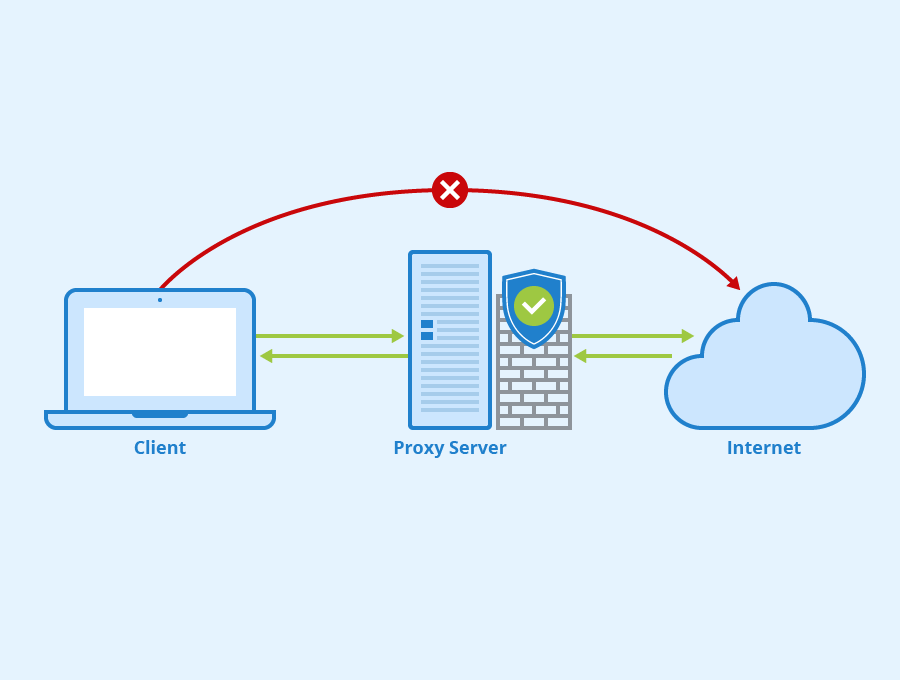In today’s digitally interconnected world, mobile data privacy has become a paramount concern for individuals and businesses alike. As more people rely on mobile networks for communication, entertainment, and work-related activities, the need for robust privacy solutions is greater than ever. Among the emerging technologies addressing these concerns, LTE proxies stand out as a groundbreaking innovation that promises to redefine how users protect their mobile data.
LTE proxies operate by routing internet traffic through Long-Term Evolution (LTE) cellular networks instead of traditional broadband or Wi-Fi connections. Unlike conventional proxies that typically use static IP addresses from fixed locations, LTE proxies leverage dynamic IPs assigned by cellular carriers. This dynamic nature makes it significantly harder for trackers and malicious entities to monitor or profile users based on their IP address patterns.
One of the primary advantages of LTE PROXIES lies in their ability to mimic genuine mobile user behavior. Since they utilize real cellular network infrastructure, requests sent via LTE proxies appear as if they originate from actual smartphones connected through legitimate mobile carriers. This authenticity enhances anonymity and reduces the chances of detection when accessing geo-restricted content or performing sensitive online activities. For businesses engaged in market research or ad verification, this feature ensures accurate insights without compromising user identity.
Moreover, LTE proxies offer enhanced security benefits compared to traditional proxy servers or VPNs. Cellular networks inherently implement strong encryption protocols designed to safeguard data during transmission between devices and cell towers. By integrating proxy services within this framework, users gain an additional layer of protection against interception attempts commonly associated with public Wi-Fi hotspots or unsecured broadband connections.
The scalability and flexibility provided by LTE proxy networks also contribute significantly to their growing popularity. Service providers can allocate numerous unique IP addresses across different regions quickly due to partnerships with multiple cellular operators worldwide. This vast pool facilitates efficient load balancing and minimizes latency issues often encountered with congested proxy servers operating over fixed-line internet infrastructures.
Furthermore, regulatory compliance is becoming increasingly critical in handling personal data responsibly under laws such as GDPR and CCPA. LTE proxies support adherence by enabling controlled access points that mask sensitive information while maintaining traceability where necessary for audit purposes-striking a balance between privacy preservation and accountability.
As cyber threats evolve alongside technological advancements, relying solely on traditional methods like VPNs may no longer suffice for comprehensive mobile privacy protection. The adaptability offered by LTE proxies positions them as an essential tool in future-proofing digital security strategies tailored specifically towards mobile environments.
In conclusion, LTE PROXIES represent a significant leap forward in safeguarding mobile data privacy through authentic network representation, enhanced security features, scalability options, and regulatory alignment. Their unique capabilities address many limitations found in existing solutions while preparing users for an increasingly complex digital landscape where protecting personal information is crucial yet challenging. Embracing LTE proxy technology today means investing in stronger defenses against emerging threats tomorrow-making them undeniably the future cornerstone of mobile data privacy solutions.




